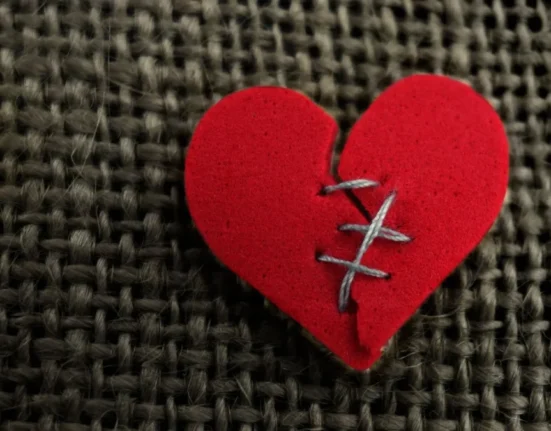Last Updated on May 13, 2022 by Rachel Hall
You’ve probably heard some of your male friends lament about how it is difficult to get matches with online dating while your notifications are likely filled with interest – albeit not necessarily from ideal prospects. If you’ve looked at sexual literature online, you may have come across a recent study from the journal Human Nature that analyzes this phenomenon. The results of this study paint an interesting picture of the subconscious behaviour of online daters.
Study Finds Education and Income Important for Potential Partners
This extensive study looked at more than 1.8 million online daters across 24 different countries. The goal of the study was to determine if resource acquisition ability and overall competency had an effect on the level of romantic interest received on dating apps. These characteristics were defined based on an individual’s level of education and income.
The data used in this study was provided by Spark Networks Services, giving the researchers an extensive dataset spanning many different nations. The goal was to analyse online daters’ interactions using indicators of interest (IOIs) as an outcome. IOIs were broadly defined as messages, likes, winks, and other things showing that someone has drawn the romantic interest of another online dater.
The researchers expected to find that socioeconomic status indicators like education and income played an important role in determining the success of online daters. While this was certainly confirmed by the study, what is perhaps even more intriguing is the gender-based differences that were uncovered.
Female Online Daters Far More Selective Than Males
Perhaps the most surprising finding was that there were stark differences in the actions of online daters by gender with women being far more selective than men. The researchers noted that this behaviour ultimately served to create a large inequality within the online dating market where some users received hundreds of IOIs and some had virtually none.

While socioeconomic status indicators were important for both men and women, the impact on IOIs for men was much more extensive than that of women. The study found that men of high competency (with multiple degrees and high income) received 90% more IOIs on average while women of high competency received only 40% more.
The gender differences can also be observed when examining online daters of average competency, which the study defined as some college education and a moderate salary. The average man received eight IOIs while the average woman received 26. These findings illustrate that women online daters are being much more selective than our male counterparts. In other words, men are more likely to be dating someone less educated than women. When the researchers examined the sexual literature online, they found an interesting evolutionary explanation for this.
Evolutionary Behaviour Drives Selectiveness of Online Daters
When examining the literature, the researchers found an interesting explanation when it comes to the selectiveness of female online daters and the lack of selectiveness by men. It ultimately comes down to the disproportionate burden placed on women in terms of reproduction and the lack of parental involvement by men.
This makes sense when you think of it. Even in the most progressive of nations, women face the bulk of the requirements should they have a child. The parental involvement of men could be as simple as just creating the baby or as extensive as being an equal partner. However, women still must sacrifice their bodies. Additionally, even in more equal partnerships, research shows that women tend to disproportionately be shouldered with most of the responsibility when it comes to raising a child.
Thus, it makes sense that women are much more selective in terms of socioeconomic status indicators and even traits like ambition. By contrast, men have relatively little risk when it comes to a casual hookup. Thus, it is not surprising that the research showed that men will dramatically lower their standards when looking for casual sex while women generally will not. Women simply have a much higher risk.
If you’ve ever remarked that you don’t typically see women dating someone less educated, this study helps to explain why. It is interesting to think about really. And the fact that these trends were observed across all 24 countries involved in the study further serves as proof that this is rooted in evolutionary principles. After all, the tendency of women to be more selective of potential partners can be seen to transcend culture.
Thus, the next time your male friends are complaining that they don’t have as many Tinder matches as you, feel free to let them know it’s nothing personal – it’s just evolution!

Rachel Hall, M.A., completed her education in English at the University of Pennsylvania and received her master’s degree in family therapy from Northern Washington University. She has been actively involved in the treatment of anxiety disorders, depression, OCD, and coping with life changes and traumatic events for both families and individual clients for over a decade. Her areas of expertise include narrative therapy, cognitive behavioral therapy, and therapy for traumatic cases. In addition, Rachel conducts workshops focusing on the psychology of positive thinking and coping skills for both parents and teens. She has also authored numerous articles on the topics of mental health, stress, family dynamics and parenting.








Leave feedback about this